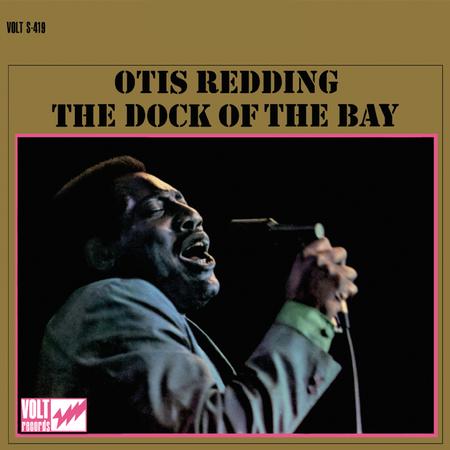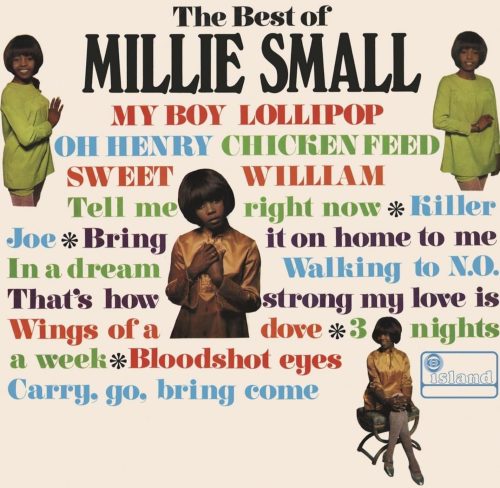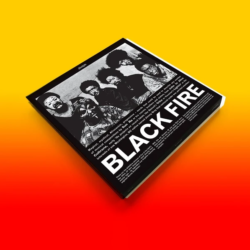The Dock Of The Bay (Analogue Productions/2xLP/45rpm)
Label: Analogue Productions
Genre: Soul
$84.99
Availability: In stock
The guts of the story are this: While on tour with the Bar-Kays in August 1967, Otis Redding’s popularity was rising, and he was inundated with fans at his hotel in downtown San Francisco. Looking for a retreat, he accepted rock concert impresario Bill Graham’s offer to stay at his houseboat at Waldo Point in Sausalito, California. Inspired, Redding started writing the lines, “Sittin’ in the morning sun, I’ll be sittin’ when the evening comes” and the first verse of a song, under the abbreviated title “Dock of the Bay.”
He had completed his famed performance at the Monterey Pop Festival just weeks earlier. While touring in support of the albums King & Queen (a collaboration with female vocalist Carla Thomas) and Live in Europe, he continued to scribble lines of the song on napkins and hotel paper. In November of that year, he joined producer and esteemed soul guitarist Steve Cropper at the Stax recording studio in Memphis, Tennessee, to record the song.
Cropper remembers: “Otis was one of those the kind of guy who had 100 ideas. … He had been in San Francisco doing The Fillmore. And the story that I got he was renting boathouse or stayed at a boathouse or something and that’s where he got the idea of the ships coming in the bay there. And that’s about all he had: ‘I watch the ships come in and I watch them roll away again.’ I just took that… and I finished the lyrics. If you listen to the songs I collaborated with Otis, most of the lyrics are about him. … Otis didn’t really write about himself but I did. Songs like ‘Mr. Pitiful,’ ‘Fa-Fa-Fa-Fa-Fa (Sad Song)’; they were about Otis and Otis’ life. ‘Dock of the Bay’ was exactly that: ‘I left my home in Georgia, headed for the Frisco Bay’ was all about him going out to San Francisco to perform.”
Redding and Cropper completed the song in Memphis on Dec 7, 1967 with tragedy, unknowingly, looming. Just two days later Redding lost his life on a routine commute to a performance when the small plane he was in crashed. The other victims of the disaster were four members of the Bar-Kays — guitarist Jimmy King, tenor saxophonist Phalon Jones, organist Ronnie Caldwell, and drummer Carl Cunningham; their valet, Matthew Kelly and pilot Fraser.
Cropper and bassist Donald “Duck” Dunn completed the music and melancholic lyrics of “(Sittin’ On) The Dock of the Bay’ which was taken from the sessions — Redding’s final recorded work. Cropper added the distinct sound of seagulls and waves crashing to the background. This is what Redding had wanted to hear on the track according to Cropper who remembered Redding recalling the sounds he heard when he wrote the song on the houseboat.
One of the most influential soul singers of the 1960s, Redding exemplified to many listeners the power of Southern “deep soul” — hoarse, gritty vocals, brassy arrangements, and an emotional way with both party tunes and aching ballads. At the time of his tragic death he was 26.
‘(Sittin’ On) The Dock of the Bay’ was released just a month following Redding’s death and became his only ever single to reach number one on the Billboard Hot 100 in January 1968. The album, which shared the song’s title, became his largest-selling to date, peaking at No. 4 on the pop albums chart. “Dock of the Bay” was popular in countries across the world and became Redding’s most successful record, selling more than 4 million copies worldwide. The song went on to win two Grammy Awards: Best R&B Song and Best Male R&B Vocal Performance. With the album, Redding confirmed himself as a talent lost far too soon.
All the hallmarks of a top-notch Analogue Productions reissue are here for you to savor: Mastered directly from the original master tape by Bernie Grundman and cut at 45 RPM. Pressed on 180-gram vinyl at Quality Record Pressings, and housed in tip-on old style gatefold double pocket jackets with film lamination by Stoughton Printing.





